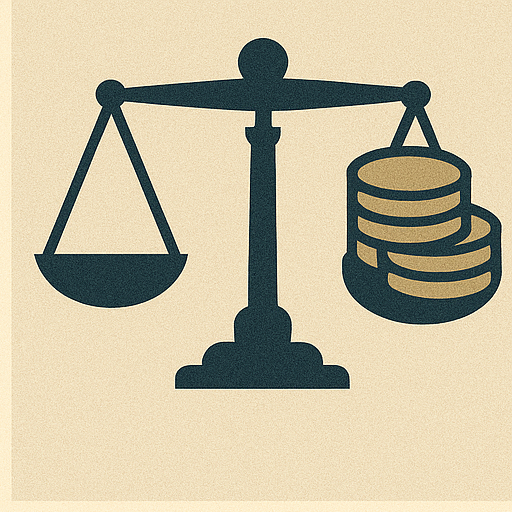The Civic Wealth Accord Initiative
America stands at a historic crossroads: while its economy thrives in aggregate, wealth has become dangerously concentrated in the hands of a small elite. The top 0.01% controls more wealth than the bottom 90%, eroding the foundational promise of equal opportunity and fueling widespread public disillusionment.
The Civic Wealth Accord Initiative (CWAI) outlines a voluntary compact among U.S. billionaires to acknowledge their outsized economic influence and commit to measurable civic reinvestment. It establishes a nonpartisan public agency, the Civic Wealth Impact Agency (CWIA), designed to harness advanced technologies and public-private cooperation to deploy resources for maximum national benefit. It also provides a political roadmap toward equitable tax reform, democratized access to opportunity, and long-term system sustainability.
Transforming extreme wealth into national renewal through voluntary leadership, progressive taxation, and institutional innovation.
-

Wealth Acknowledgment
Recognition that extreme wealth in a democracy comes with systemic responsibilities.
-

Redistributive Justice
Agreement that progressive taxation is essential for long-term national stability.
-

Collective Priority-Setting
Wealth should support education, healthcare, infrastructure, climate resilience, and democratic institutions.
-

Nonpartisan Technocracy
Deployment of data, AI, and modern governance tools to track outcomes.
A voluntary, public-facing pledge to:
Acknowledge systemic imbalances.
Commit a minimum share of personal wealth (10–20%) to civic reinvestment.
Support federal tax and policy reforms that embed long-term redistribution.
Core Principles
Patriotism Through Responsibility
Wealth must serve national stability and public good.Transparency and Measurable Impact
All funds are trackable and outcomes are published.Tech-Driven Governance
Data, AI, and blockchain are used to optimize and audit progress.Long-Term Structural Reform
From temporary charity to lasting systemic redesign.

Join the movement and sign the petition!
Through collective action we have the power to secure the future and change the world.
Why sign?
-
✽
Restore Democracy by Rebalancing Power
Signing helps push back against a system where wealth translates into unchecked influence. A fair economy is a stronger democracy.
-
✽
Invest in the Foundations of Shared Prosperity
Progressive wealth contributions can fund better schools, housing, healthcare, and infrastructure — lifting everyone, not just a few.
-
✽
Patriotism in Action
This is a peaceful, principled alternative to public backlash or social unrest. Signing signals leadership, not resistance, at a critical turning point in American history.
-
✽
Prevent a Crisis Before It Comes
History shows that when inequality reaches a tipping point, instability follows. This is a smart, preemptive reform to protect the system — not burn it down.
-
✽
Transparency and Accountability You Can Trust
The Civic Wealth Impact Agency (CWIA) will use modern tools like AI, open data, and public dashboards to track every dollar and outcome — ensuring impact, not bureaucracy.
-
✽
Shape the Future Instead of Defending the Past
Signing is a chance to be part of something transformative. This isn't just about tax reform — it's about creating a system that works for the next 100 years, not just the next fiscal quarter.
